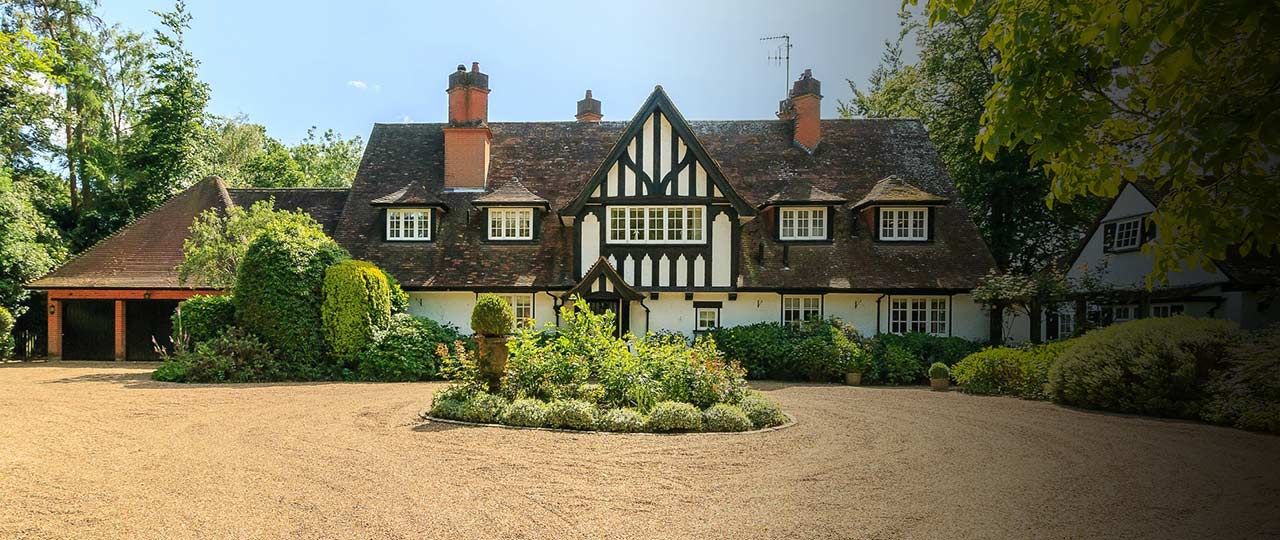
Ever thought about renting your home out for a TV, film or magazine shoot? Not only will it bring in some extra cash, but you may get to see your home on the big screen.
Thousands of homeowners rent their properties out to production crews looking for unique locations for magazine or film shoots. For production teams, filming in an existing property can be much cheaper than building a bespoke studio set, and for homeowners, it can be a handy source of extra income.
Here’s what you need to know about hiring out your home to be used as a filming location.
What are location scouts looking for?
The best feature your home can have is a distinctive look. Stately homes and large country houses may spring to mind, but filmmakers are looking for a variety of properties. Contemporary homes with an ultra-cool look, a family house decorated in a retro style or even an old council flat could all be the right home for different projects.
It doesn’t even need to be your entire house. An ornate bathroom or state-of-the-art kitchen may be exactly what’s needed for a magazine shoot or commercial. And there’s plenty of demand for ‘ordinary’ homes as well as high-end properties.
That being said, there are some essential criteria your property will need to tick to catch the eye of a location scout.
Large, well-lit rooms are a must. As well as the area being filmed, there needs to be room for the camera crew to move about, so open-plan living spaces are ideal. Production crews can range from 15 people, up to 150 for a big film. As well as space inside, parking is key. Production teams carry a lot of kit and if you have off-road parking for multiple vehicles, including trucks, that’s a huge bonus.
Finally, think about location. Most production companies are based in London and are looking for properties within the M25 boundary. That doesn’t rule out your home if you live elsewhere, but it may need to have other selling features, such as a mountain backdrop or rural setting.
What you need to know before opening up your home
Renting your home out for photo shoots or filming isn’t for everyone. You’ll need to be easy-going and happy to keep a low profile during the shoot: barking dogs and small children running around are a definite no-no. Shoot days are long: typically, 10-14 hours. And for multi-day shoots, you may even be asked to stay in a hotel overnight.
The disruption doesn’t end there. Production crews may take artwork off the wall, remove your furniture or even redecorate the house. This is all temporary and they’ll put things back to the way they were, but if you’re precious about your possessions, you may want to arrange to move them yourself. The same goes for breakages. As long as you have a proper contract in place, any damage to your property or items in it should be paid for, but accidents do happen.
This may all sound like a lot of hassle, but it can be lucrative. Typical day rates range from £250 for a magazine shoot up to £2,500 a day for filming. And seeing your home on the cover of a magazine or on the screen at your local cinema is priceless. You may even get to take part in the experience. When Carole Cohen hired out her Edwardian home in Chorleywood, Hertfordshire for the romantic comedy film, Finding Your Feet, she not only got to meet film stars, Imelda Staunton, John Sessions and Josie Lawrence, but was invited to be an extra in some of the scenes filmed at the property.
If you fancy seeing your home on TV, but don’t want a camera crew in your house, then keep an eye out for properties in popular film locations. Tigh-An-Fhaing has a unique position on the edge of Loch Carron in the idyllic village of Plockton, which was a filming location for the 1973 film, The Wicker Man, and the popular television series, Hamish MacBeth.
How to get started
Most people rent their homes out through a location agent. There are around 45 agencies in the UK and you can expect them to take a commission of up to 30 per cent of the fee. If you want to be more hands-on, then JJ Media offers a model similar to Airbnb where homeowners pay a set fee to list their property and deal with clients directly.
While most people are happy to rent out their home on an ad-hoc basis, some families have gone one step further and use their home to generate a second income. If you want to go down this route, you’ll need to know what location scouts are looking for and ideally have contacts in the industry. And, most importantly, you’ll need to be happy sharing your home with the world.
